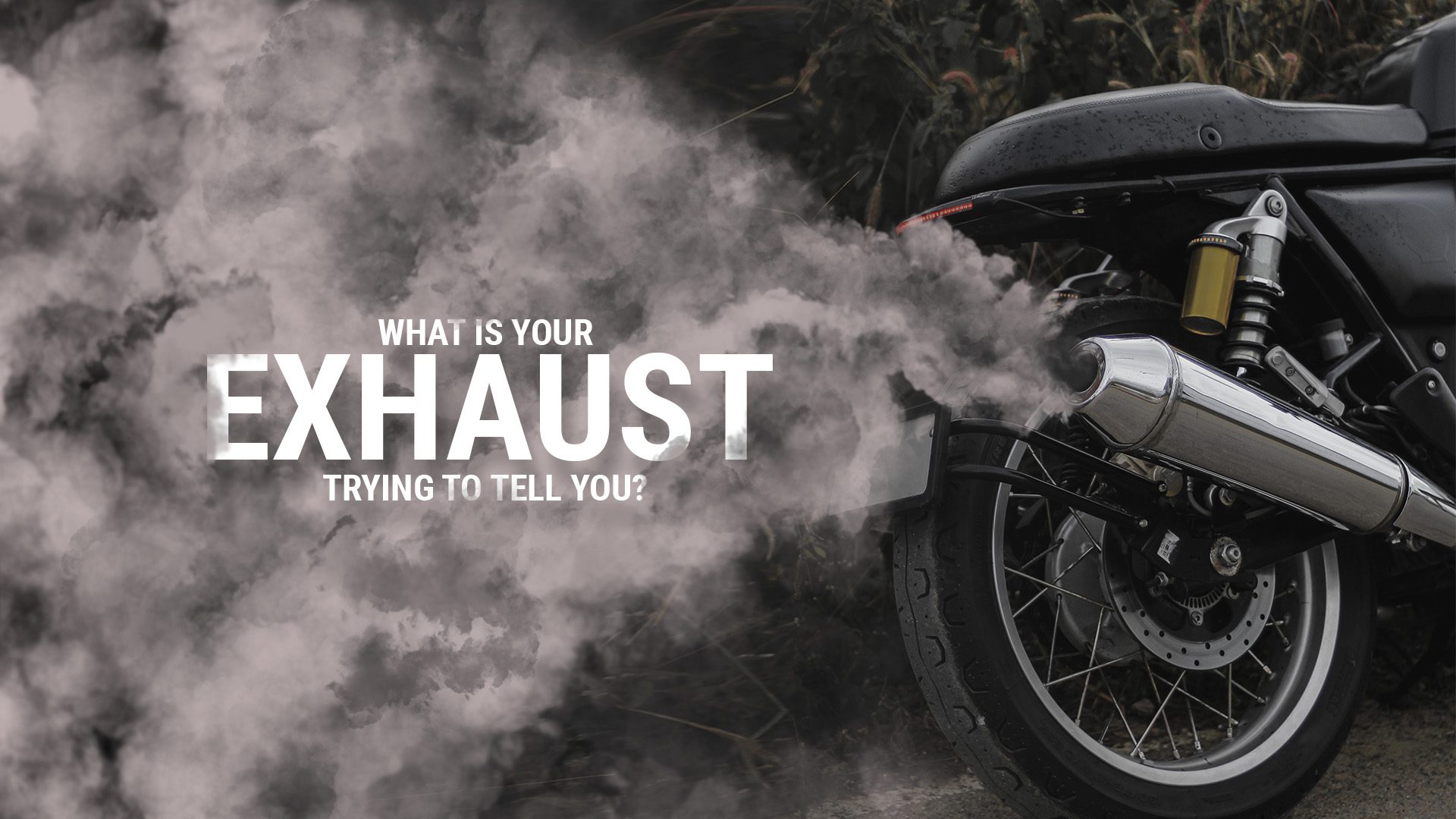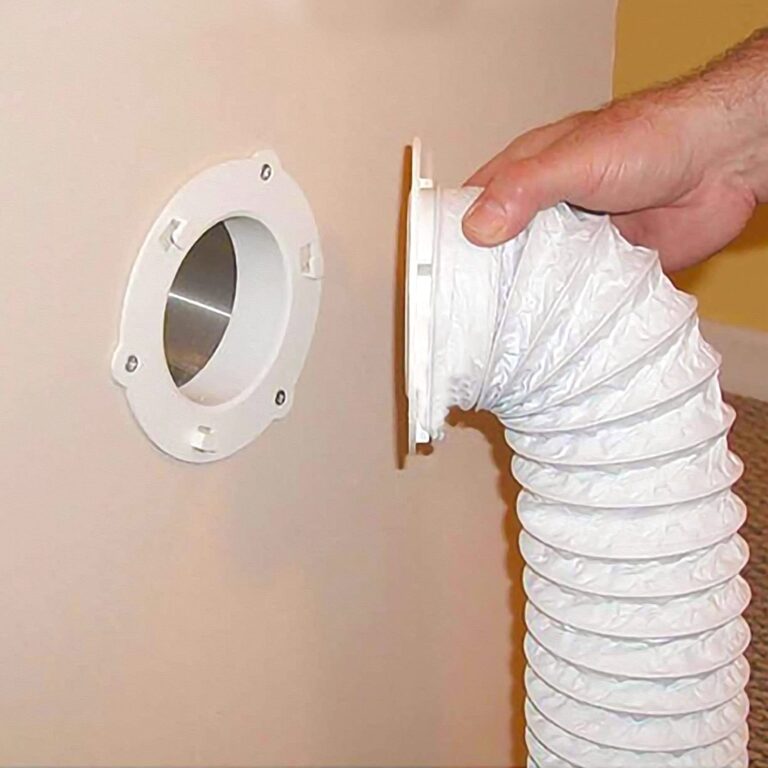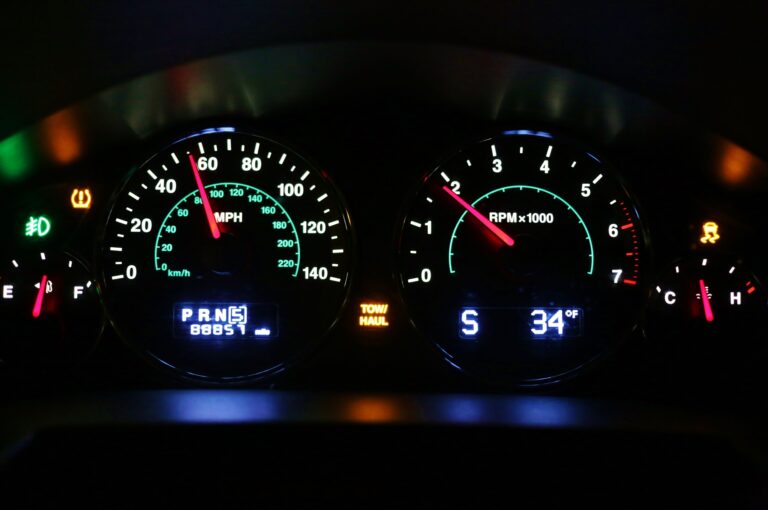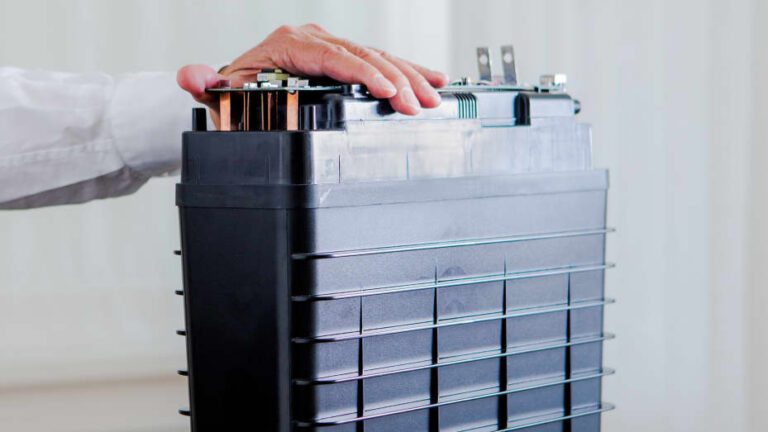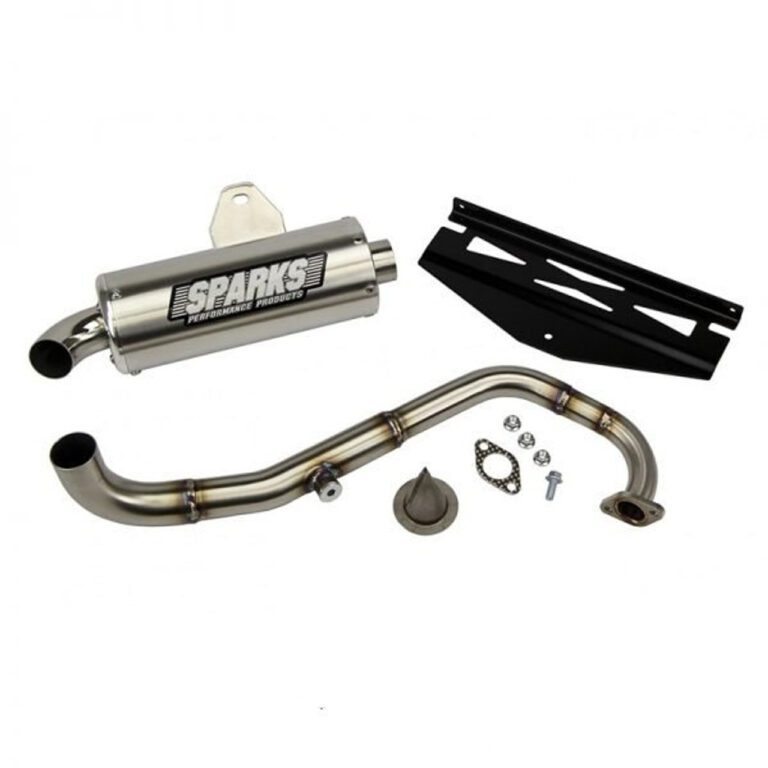White Smoke Out of Muffler: Troubleshooting Tips for a Clear Ride
White smoke out of the muffler is often a sign of a coolant leak in the engine. White smoke occurs when coolant mixes with the combustion gases and is burned along with the fuel.
This issue requires attention as it can lead to serious engine problems if left unaddressed. White smoke billowing out of your vehicle’s muffler is not a normal occurrence and can be a cause for concern. This distinctive smoke is often a sign of a coolant leak in the engine.
When the coolant leaks into the combustion chamber, it mixes with the fuel and is burned along with it. This results in the emission of white smoke from the exhaust. Ignoring this issue can have detrimental effects on your engine’s health, potentially leading to costly repairs. Therefore, it is advisable to promptly address this problem in order to prevent further damage to your vehicle.
Understanding White Smoke
White smoke coming out of the muffler can be a sign of various underlying issues in your vehicle. It is important to understand the causes of white smoke and how it can affect your ride.
The most common cause of white smoke is a coolant leak, which can occur due to a blown head gasket, a cracked engine block, or a faulty coolant system. When coolant enters the combustion chamber, it evaporates and produces white smoke. This can lead to engine overheating and potential damage.
Another cause of white smoke is burning oil. It can indicate worn piston rings or valve seals, causing oil to leak into the combustion chamber and burn along with fuel. This can result in decreased engine performance and increased oil consumption.
In some cases, white smoke may be caused by condensation in the exhaust system, especially during cold weather or short trips. This is generally not a cause for concern and should disappear once the engine reaches normal operating temperature.
It is important to have your vehicle inspected by a qualified mechanic if you notice persistent white smoke. They can diagnose the exact cause of the issue and recommend appropriate repairs to ensure the longevity and optimal performance of your vehicle.
Diagnostic Steps To Identify The Issue
Diagnostic Steps to Identify the Issue
Checking coolant levels: Start by checking the coolant levels in the radiator and overflow tank. Make sure the engine is cool before doing this. The coolant should be at the recommended level indicated on the reservoir or radiator.
Inspecting the radiator: Look for any signs of leaks or damage on the radiator. Check the radiator cap as well, ensuring it is tight and functioning properly. If you notice any cracks, corrosion, or leaks, it may be causing the white smoke.
Examining the head gasket: The head gasket seals the cylinder head to the engine block. If it is damaged or worn out, coolant can leak into the combustion chamber, leading to white smoke. Conduct a visual inspection for any signs of coolant seeping into the engine oil or cylinder chambers.
Fixing White Smoke Issues
Fixing White Smoke Issues
When experiencing white smoke coming out of your car’s muffler, it is essential to address the underlying problems in order to prevent further damage and ensure optimal vehicle performance. One potential cause could be a cracked cylinder head, which can result in coolant mixing with the combustion chamber and causing white smoke. To fix this issue, it is recommended to engage a professional mechanic who can properly remove and inspect the cylinder head for cracks before repairing or replacing it.
Another common culprit behind white smoke is a faulty head gasket. This gasket forms a seal between the engine block and cylinder head, and when it fails, coolant can leak into the combustion chamber, leading to white smoke. Replacing the faulty head gasket will effectively solve this problem and prevent further damage to the engine.
Additionally, addressing coolant leaks is crucial when dealing with white smoke issues. Inspect the cooling system, including radiator hoses, water pump, and thermostat, to identify any leaks. Fixing these leaks will prevent coolant from entering the combustion chamber and eliminate the white smoke.

Credit: www.amazon.com
Preventive Maintenance For Clear Rides
The regular maintenance of your vehicle is crucial to ensure a smooth and problem-free driving experience. One important aspect of preventive maintenance is to keep an eye on your vehicle’s coolant system. Regular coolant checks and flushes are essential to prevent any issues with your engine and ensure optimal performance.
Proper engine maintenance is another key component of preventive care. Regularly checking the oil level and quality, as well as replacing the oil and oil filter at recommended intervals, can help prolong the life of your engine and prevent costly repairs.
Timely repairs are of utmost importance when it comes to maintaining a clear ride. Ignoring warning signs or delaying repairs can lead to further damage and even breakdowns. Whether it’s a strange noise, a warning light on the dashboard, or any other indication of a problem, addressing it promptly can save you time, money, and headaches in the long run.
Frequently Asked Questions Of White Smoke Out Of Muffler
Is It Safe To Drive With White Smoke From Exhaust?
White smoke from the exhaust may indicate a serious problem with your vehicle, such as a coolant leak. It’s not safe to drive in this condition because it can lead to engine damage. Get your car checked by a mechanic immediately to identify and fix the issue.
Why Is My Exhaust Smoking White But Not Overheating?
Exhaust smoke appearing white may indicate coolant leaking into the combustion chamber, causing the smoke. Despite no overheating, it’s crucial to have your vehicle checked by a professional to fix the issue and prevent any potential damage or further complications.
Why Does My Exhaust Have A White Smoke Burning Smell?
White smoke from your exhaust with a burning smell could indicate several issues. Possible causes include coolant leakage, a blown head gasket, or a damaged cylinder head. Have a professional check your vehicle to identify and resolve the problem promptly.
Can A Bad Catalytic Converter Cause White Smoke?
A bad catalytic converter can cause white smoke in the exhaust.
Conclusion
If you notice white smoke coming out of your muffler, it could indicate several potential issues with your vehicle. It may be a sign of a blown head gasket, coolant leak, or burning engine oil. Identifying the exact cause is crucial in order to prevent further damage and costly repairs.
It is recommended to consult with a professional mechanic to diagnose and fix the problem promptly. Remember, taking proactive measures can save you time, money, and ensure the longevity of your car’s performance.
